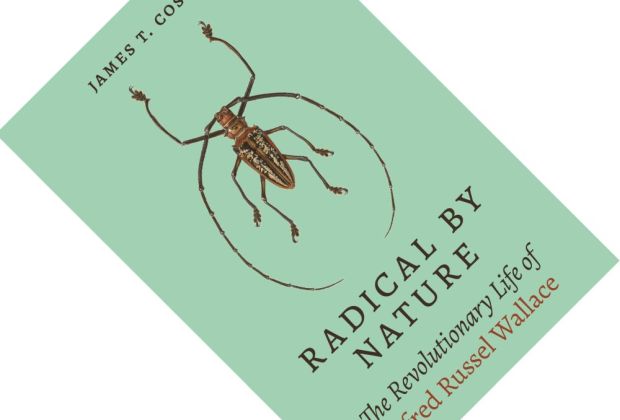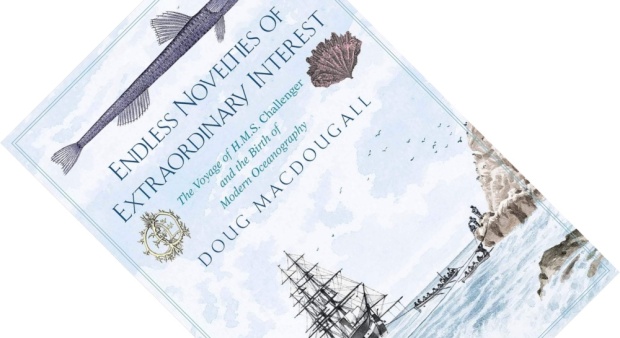10-minute read
keywords: evolutionary biology, history of science
The year 2023 marks the 200th anniversary of the birth of Victorian naturalist Alfred Russel Wallace. Best remembered as the father of biogeography, and only relatively recently pulled out of Darwin’s shadow as co-discoverer of the principle of natural selection, he was an all-round fascinating person. I have long wanted to read more about him. Evolutionary biologist, entomologist, and Darwin and Wallace scholar James T. Costa gives an in-depth, intimate, and updated story of his life. This first of three reviews will prepare me for a descent down the rabbit hole on how two scholars independently hit on the mechanism driving evolution.









